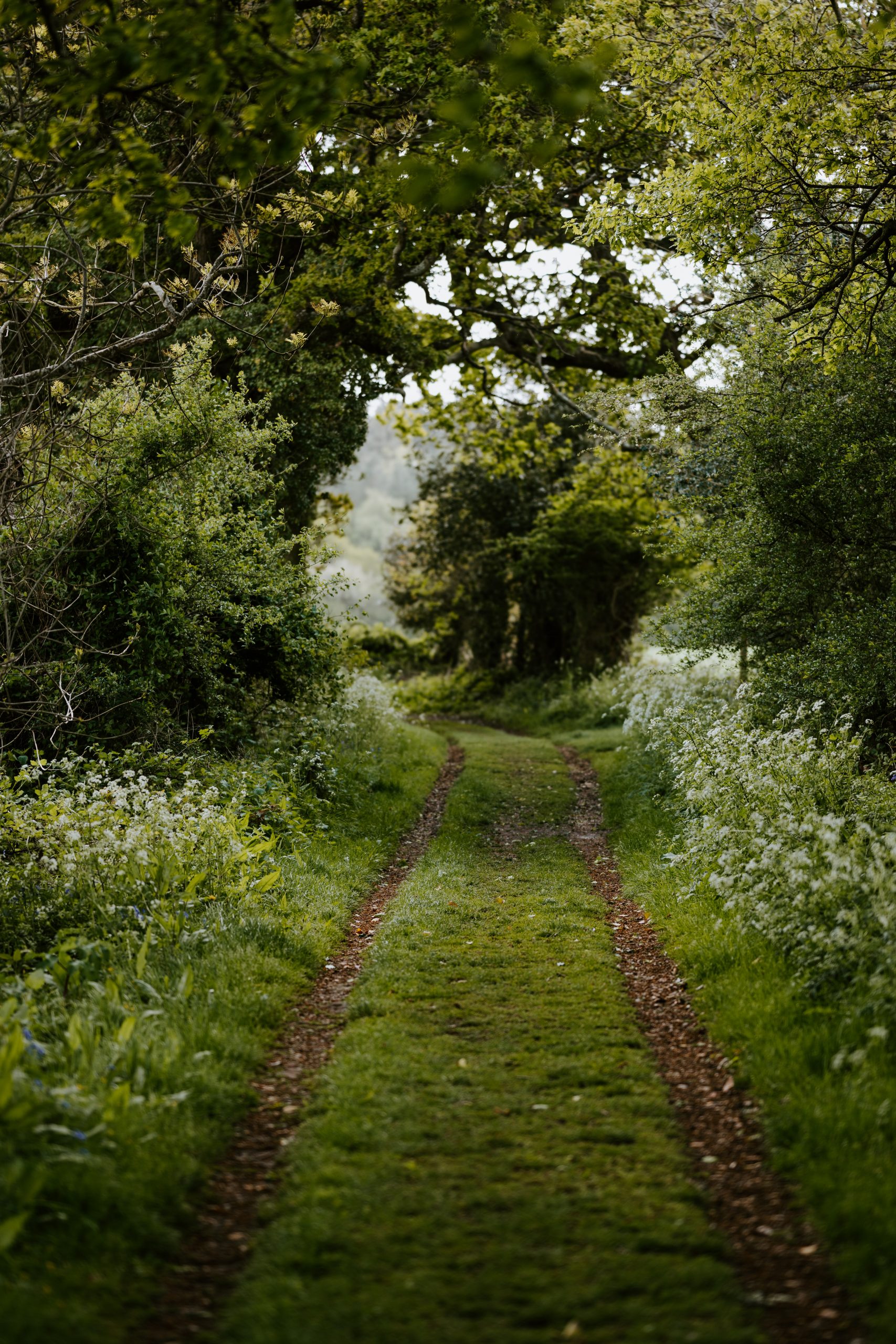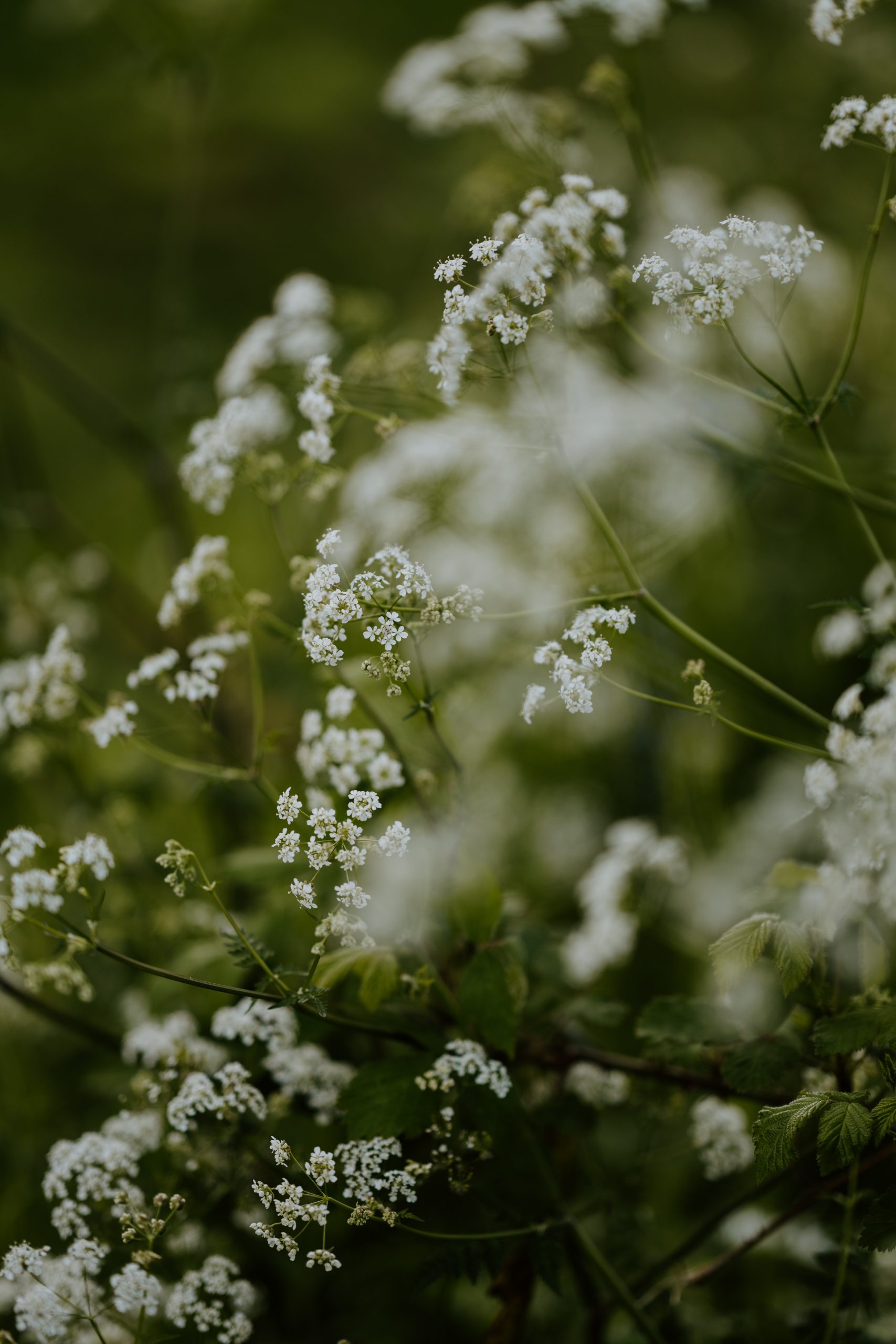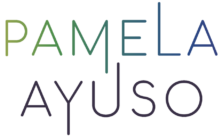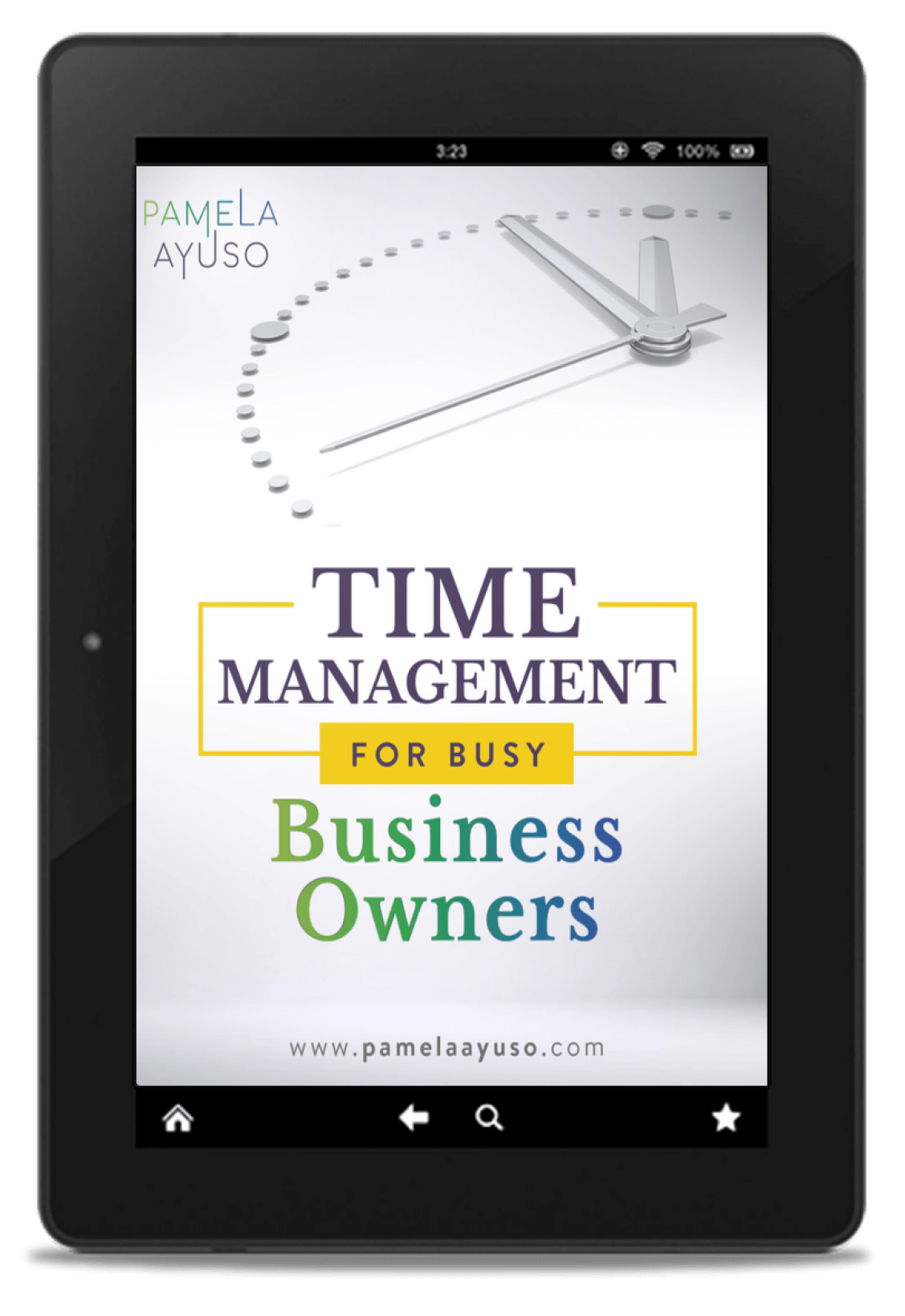The pandemic has thrown routines that we have built over the years for a loop. We’ve lost patterns that have anchored our days in a matter of weeks, and now we may find ourselves struggling.
Our routines give our days structure and allow us to reduce energy spent trying to figure out what comes next. We are creatures of habit, or as Kate Murphy says in her article “Pandemic-Proof Your Habits,” we are “prediction machines”:
So-called prediction errors (like finding salmon instead of turkey on your plate on Thanksgiving) send us into a tizzy because our brains interpret them as a potential threat. Routines, rituals and habits arise from the primitive part of our brains telling us, “Keep doing what you’ve been doing, because you did it before, and you didn’t die.”

Now, every time we leave our home, we must continually take into account the virus. I find myself questioning whether I have the right gear, if my kids have their masks, and how I should prepare for a new activity. No longer can we go out and have a “predictable” or “normal” experience. It is hard to adjust, mainly because our brain needs to use up much more energy to process everything.
Nevertheless, this alternate reality will stay with us for some more time. Instead of waiting for life to go back to “normal,” you can try to create new routines, even if they are temporary. These routines will help you find ways to structure your days and achieve what you want. By saving energy and not taking as many different small decisions along the way, you will leave room for other, deeper thought processes and creativity.
It Is Not All Bad
Having to create a new set of routines will not be altogether a bad thing. First, any change that you can adapt to makes you more resilient, no matter the circumstances. More importantly, as with any disruption, you might discover something new. You may find new hobbies and new routines that are a better match for your stage of life. Because we are such creatures of habit, we might have been doing things for years that are no longer supporting us in our paths.
You might have discovered that you want to move your day around to spend more time with those you love. Maybe you realized that certain activities, like going out, resulted in unhealthy habits that were counterproductive to your goals. Now is the time to change.
Given that we have no choice but to live through this pandemic, could you use it as a laboratory to learn what works for you? Create new routines that support you now so that you can have the time and space to structure your days predictably. By doing this, you will be able to gain a sense of normalcy within this transition period.
You can then start thinking about how some of these structures can leap into your life after COVID. I have talked to people who have already jumped into their previous routines and have lost the ground they gained during the pandemic times. So, I recommend making a plan and starting to put those changes into your life to be ready when the time comes.

We thrive on habits, and habits are one of our best tools as working humans. They structure our schedule so that we are spending the time where it matters the most, allowing us to achieve our objectives. Take advantage of this superpower, both now and then later.
Murphy, Kate. Pandemic-Proof Your Habits. New York Times, November 28, 2020



